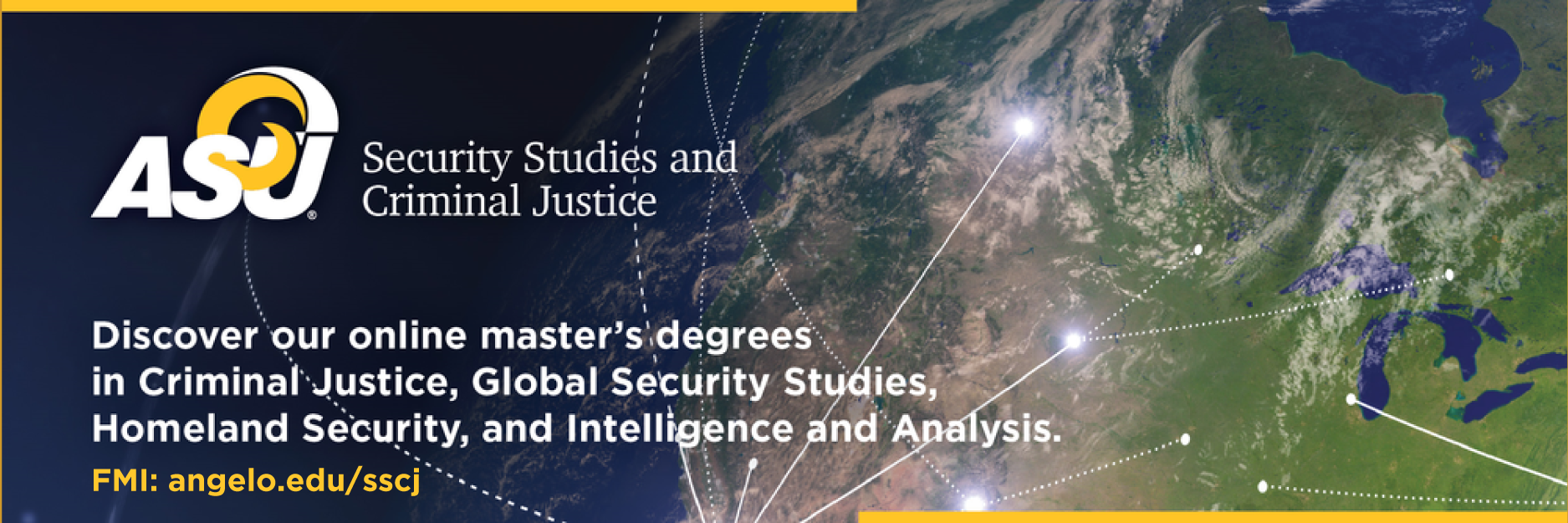Curriculum-level goals in emergency-management education: Developing a common framework in an evolving field
DOI:
https://doi.org/10.5055/jem.2005.0062Keywords:
emergency management, education, curriculum, professional standardsAbstract
Emergency management (EM) is a rapidly growing and evolving discipline. While only two degreelevel programs existed prior to 1995, they were joined by an additional 40 programs by 2005. These new programs contributed to a broad expansion of courses and instructional materials. However, none of this growth has been guided by a commonly agreed upon curricular framework. As a result, degree-level programs have varied widely in terms of what they consider an appropriate EM curriculum. The past several years have seen repeated efforts by a small group of academics and professionals to develop a standard curricular framework based on mutually agreed upon competencies, functions, and skills. This research project refines and builds upon these earlier efforts to create a unified list of broad curriculum-level goals. These goals were then qualitatively and quantitatively measured to identify specific themes that could be used to build an appropriate curriculum for EM bachelor’s and master’s degree-level programs.References
-
Downloads
Published
11/01/2005
How to Cite
O’Connor Jr., EdD, M. J. “Curriculum-Level Goals in Emergency-Management Education: Developing a Common Framework in an Evolving Field”. Journal of Emergency Management, vol. 3, no. 6, Nov. 2005, pp. 32-35, doi:10.5055/jem.2005.0062.
Issue
Section
Articles
License
Copyright 2007-2023, Weston Medical Publishing, LLC and Journal of Emergency Management. All Rights Reserved






